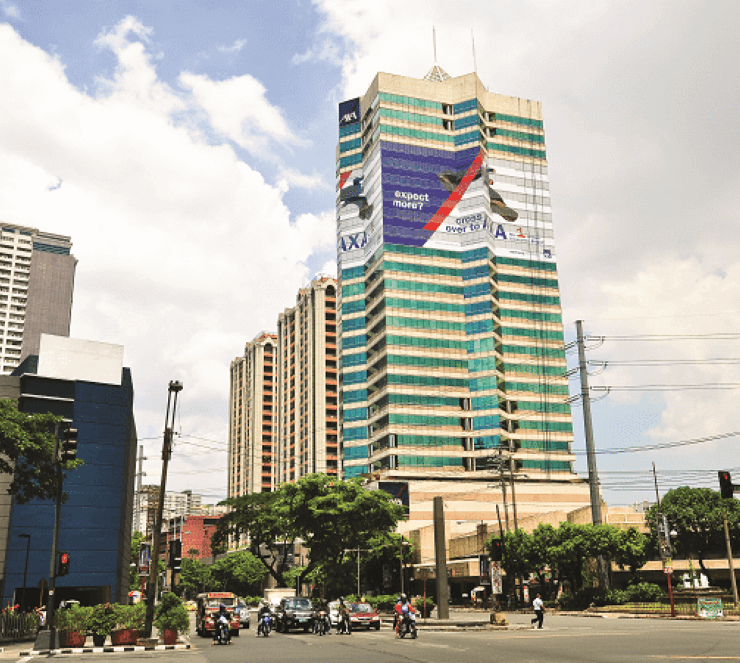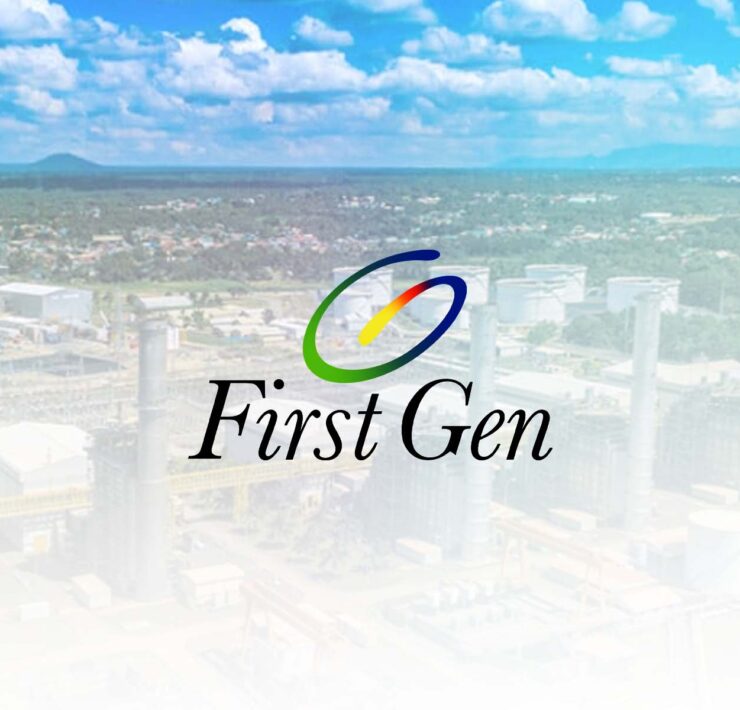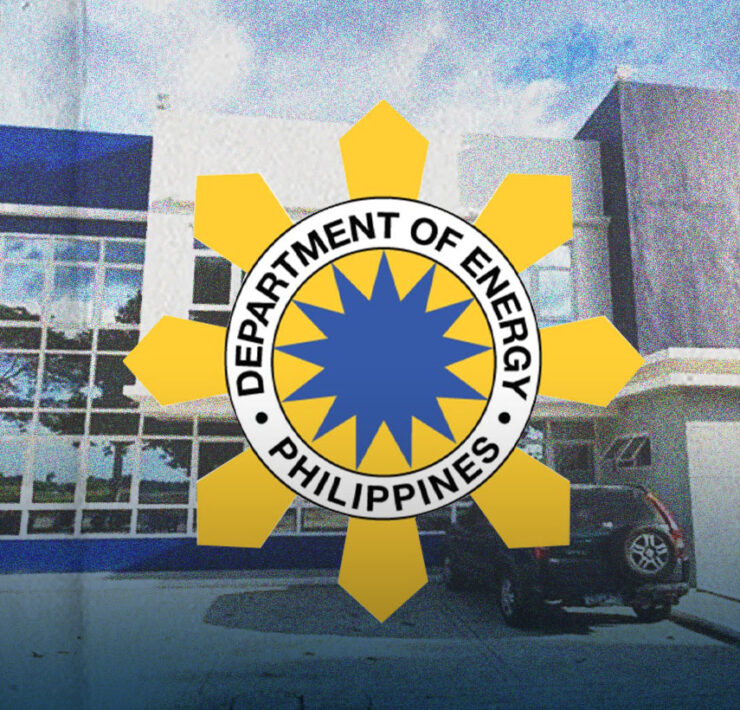Study finds gaps in PH implementation of international pledges

Despite endorsing multiple energy-related pledges, the Philippines remains highly dependent on coal while lagging behind in its deployment of renewable energy, according to a new study by an environmental policy think tank.
A report by Climate Analytics, released on Tuesday, examined the implementation of multiple international voluntary pledges and sectoral initiatives initiated during the annual global climate talks known as the Conference of Parties (COP).
It particularly focused on the compliance of eight Asian countries: Indonesia, Japan, Malaysia, South Korea, Singapore, Thailand, Vietnam and the Philippines.
The study found that between 2022 and 2023, the Philippines had an average annual increase of 1.2 percent in its renewable energy power generation capacity.
This power generation output falls below the 16 percent annual growth rate requirement under the Global Renewables and Energy Efficiency Pledge, which the Philippines has endorsed.
According to Climate Analytics, renewable capacity deployment in the Philippines only increased by 38 percent between 2015 and 2023, which is the second-lowest among the eight focus countries after Malaysia.
The report attributed this lag to multiple factors, such as “political impediments, government support for coal, policy implementation, permitting process, environmental setbacks, foreign ownership, grid connection challenges and misperceptions.”
Coal dependency
The study noted that the Philippines remains highly dependent on coal, which generates 60 percent of its electricity. The share of coal in the country’s power mix steadily increased from 45 percent in 2015 to 62 percent in 2023, given the need to meet rapidly rising power demand.
Climate Analytics further pointed out that “although the Philippines has committed to key pledges since COP26, including the Coal to Clean Power Statement, it has been cautious in fully committing to coal phaseout.”
The Philippines was also the only country in the group “where both overall and energy-related methane emissions have steadily increased since 2020, rising by 33 percent and 110 percent, respectively,” despite its endorsement of the Global Methane Pledge.
This increase in methane emission was due to the expansion of coal mining and rapid urbanization, which has led to increased reliance on open landfills.
Climate Analytics, however, said that “past performances are… not necessarily indicative of future trends.”
It pointed out that recent policy developments in the country have removed some obstacles to increasing renewable energy capacity, such as the restrictions on foreign ownership of projects.
The Philippines also recorded “the highest wind and solar generation capacity pipeline among focus countries,” with an additional capacity of 99 gigawatts currently under development as of 2023.
New investments in new renewable power projects in the country have also surged since 2021, peaking at $1.7 billion (P97.5 billion) in 2023, noted the report.





















